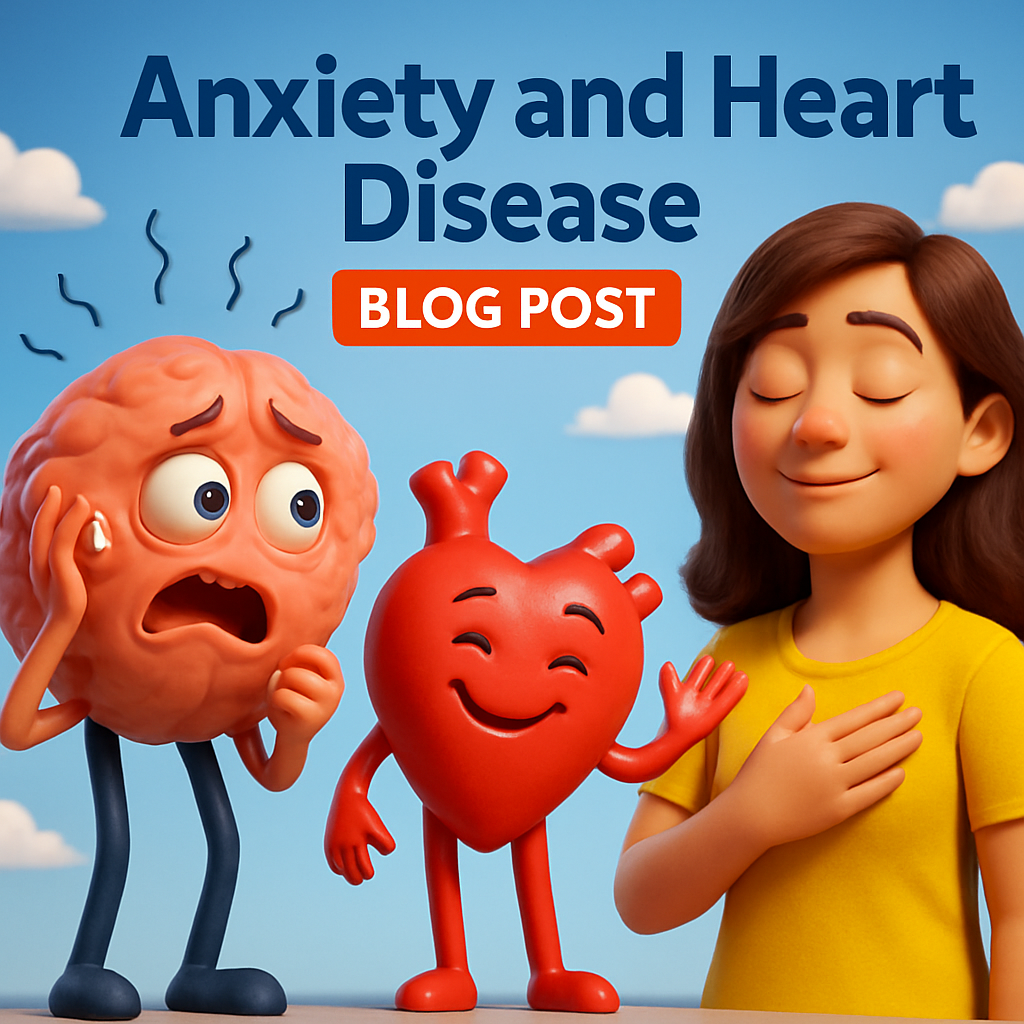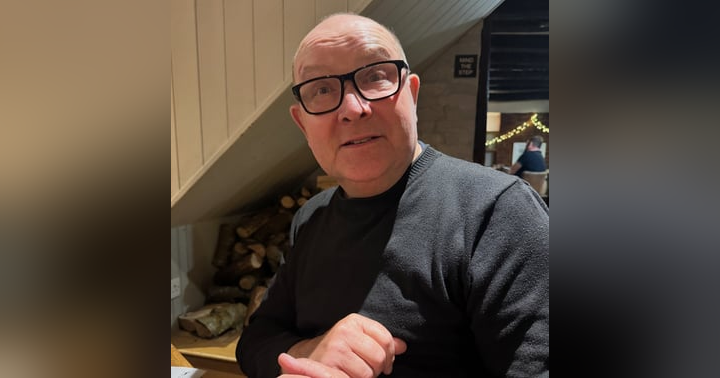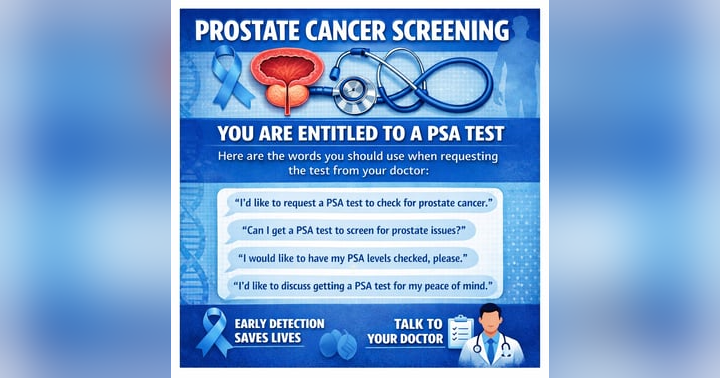Anxious Heart

Anxious Heart: The Silent Link Between Anxiety and Heart Disease
Imagine this: your heart is racing, your chest tightens, and you're gasping for breath. Is it a panic attack? Or is it your heart crying out for help?
If you've ever felt this way, you're not alone. Anxiety and heart disease have a surprisingly intimate connection — and for many people, it’s hard to tell where one ends and the other begins.
This blog is for anyone who has ever experienced a heart attack, had a stent fitted, undergone bypass surgery, or even just lived with the looming fear of it all. We're diving deep into the emotional side of heart disease — and most importantly, how you can regain control of your life.
The Heart-Anxiety Connection: A Two-Way Street
It’s no secret that stress and anxiety can affect your body. But did you know chronic anxiety is a risk factor for heart disease? It raises your heart rate, increases blood pressure, and keeps your body in a constant state of “fight or flight.” Over time, this can wear your heart down.
On the flip side, surviving a heart event — like a heart attack or bypass surgery — often leaves a lasting psychological impact. Many people develop health anxiety, fearing every twinge or flutter could be the start of another episode.
The result? A vicious cycle: anxiety harms the heart, and heart trauma fuels more anxiety.
Stents, Heart Attacks, and Bypass Surgery: More Than Just Physical Recovery
When you're wheeled into a theatre to have a stent inserted, or you've just come around after bypass surgery, the physical pain is only part of the experience. What comes afterward can be far more complex.
Patients often say they feel:
-
Afraid to exercise in case it "triggers" something
-
Overly aware of every heartbeat
-
Haunted by "what ifs"
-
Depressed, emotionally numb, or panicked by the idea of dying
This is all normal — but it’s also something that needs attention.
Anxiety After a Heart Event: What You Might Experience
-
Panic attacks that mimic heart symptoms
-
Sleep disturbances, especially fear of dying in your sleep
-
Avoidance behaviours (e.g. not wanting to be alone, avoiding physical activity)
-
Hypervigilance about your heart rate or blood pressure
-
Depressive symptoms or loss of interest in life
Anxiety after a cardiac event is so common it even has a name: cardiac anxiety. But here's the good news — you’re not powerless.
Top Tips to Manage Anxiety After Heart Issues
-
Talk to Someone – Immediately
A cardiac rehab specialist or therapist trained in health anxiety can help you untangle your fears and give you tools to manage them. -
Join a Cardiac Support Group
Whether online or in-person, hearing others say, “me too,” can be life-changing. -
Controlled Breathing = Instant Calm
Try this: inhale for 4 seconds, hold for 7, exhale slowly for 8. Do this 3–4 times when anxiety creeps in. It slows your heart rate and tells your brain: "we're safe." -
Track Facts, Not Fears
Keep a journal. Write down what you felt, what actually happened, and how long it lasted. Over time, you’ll spot patterns — and see that the world didn’t end. -
Move Your Body – Gently
Light walking, stretching, and gentle yoga are not only safe (once cleared by your doctor), but they also tell your nervous system that life is not an emergency. -
Ditch Dr. Google
Reassurance-seeking online often fuels anxiety. Stick with your cardiologist or GP for reliable information. -
Medication Can Help — And That's OK
Anti-anxiety meds or SSRIs may be appropriate for a time. There’s no shame in using a tool that helps you function better. -
Prioritise Sleep
Poor sleep can mimic heart symptoms and exacerbate anxiety. Create a bedtime routine, limit screens, and use sleep apps or calming audio to unwind.
The Bottom Line: You’re Not Broken
A damaged heart doesn’t mean a broken life. Recovery is physical and emotional, and managing anxiety is just as important as managing cholesterol or blood pressure.
The truth is, healing your heart isn’t just about arteries and surgery — it’s about trusting your body again, reclaiming your confidence, and allowing yourself to live without fear running the show.
You’ve survived something massive. Now it’s time to thrive.







